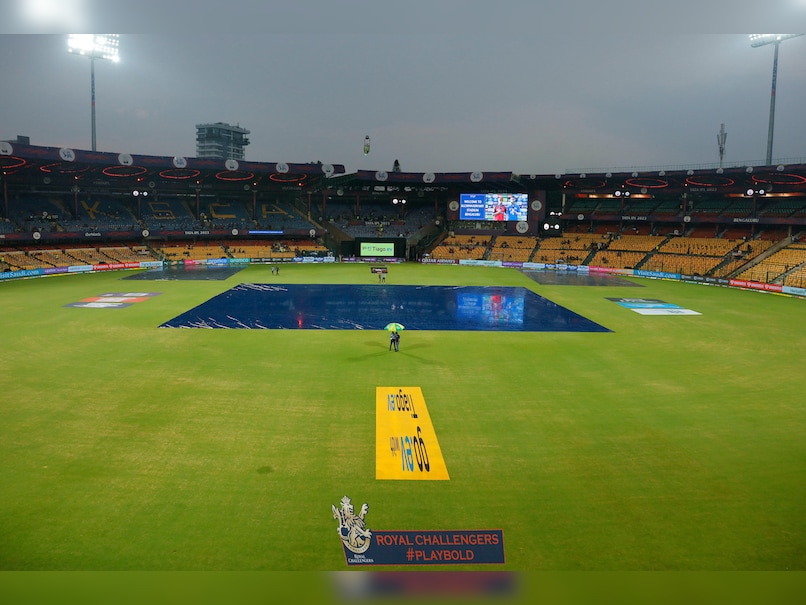RCB’s Lake Restoration Project Revives Water Sources in Bengaluru
Royal Challengers Bengaluru’s Lake Restoration Project: A Lifeline for Water-Stressed Bengaluru
In the face of Bengaluru’s severe water crisis, professional cricket franchise Royal Challengers Bengaluru (RCB) has emerged as an unlikely savior. Through its “RCB Go Green Initiative,” the team has undertaken a transformative project to restore three lakes in the city, providing a lifeline to water-stressed communities.
Launched in October 2023, the Lake Improvement Works Project focused on desilting and developing the Ittgalpura and Sadenahalli lakes, located in areas with limited access to water. Over 1,20,000 tons of silt and sand were removed, recovering nine acres of lake land. The creation of stabilization ponds and wetlands has enhanced biodiversity, attracting local bird and animal populations.
The project has significantly increased the water holding capacity of the lakes, covering up to 17 acres. This not only facilitates groundwater recharge but also supports agricultural activities in the surrounding areas. Fishermen and farmers can now harvest up to three times more than before, providing additional livelihood opportunities.
At Kannur Lake, the focus has been on fostering community ownership through the creation of civic amenities. Ethno-medicinal plant parks, bamboo parks, and butterfly parks are being established to improve and sustain biodiversity.
“These lakes are not just critical groundwater sources but also the backbone of local livelihoods,” said Rajesh Menon, VP and Head of Royal Challengers Bengaluru.
Bengaluru’s rapid growth has strained its water infrastructure, with over a third of its population relying on rapidly depleting groundwater. RCB’s lake restoration project is a testament to the power of sports organizations to make a tangible impact on their communities.


